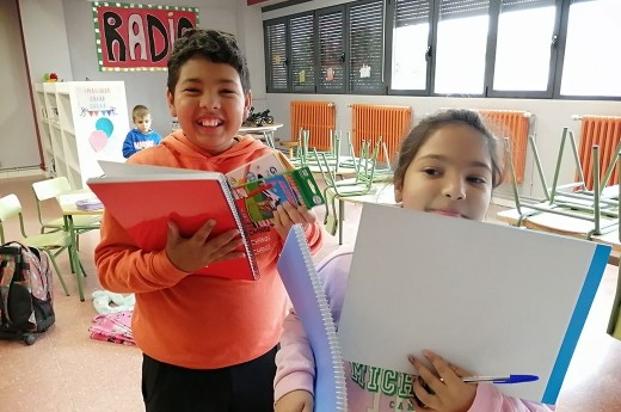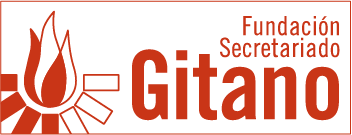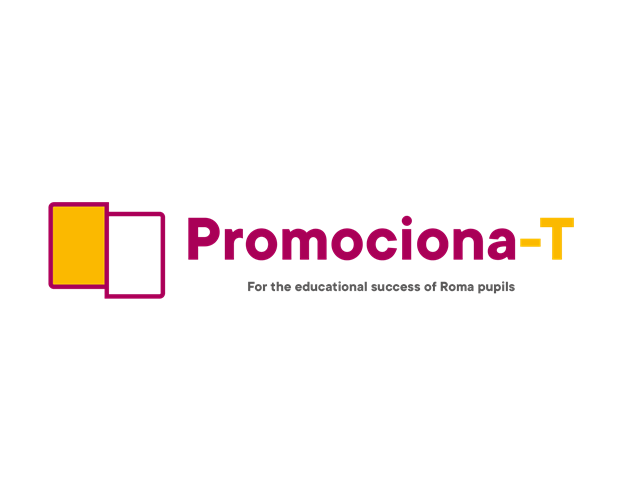Educational reinforcement is one of the programme's priority actions.
The aim of the programme is to promote the acquisition of curricular skills from an early age, thereby helping to prevent and reduce school abseentism and academic underachievement, as well as encouraging early enrolment in pre-school education.
The programme focuses mainly on pre-school and primary school pupils, although it also works with students in compulsory secondary education and basic vocational training who require greater educational support due to factors such as a significant gap in their curriculum (more than two years) or abseentism.
The main actions carried out in the programme are defined on three levels: individual, group and socio-community, although the individual level is a priority and forms the core of the intervention. Individual educational guidance through individualised tutoring with students and families is a key element which, together with collaboration and joint work with educational centres, forms the main factors for the programme's success.
In addition, the ‘Support Classrooms’, group spaces for educational reinforcement outside school hours, play a fundamental role in the good results. A total of 126 classrooms have been set up, where educational reinforcement and recreational activities have been carried out.
Promociona T is enabling more and more Roma students to achieve higher rates of academic success and greater autonomy in basic school habits and routines in order to achieve success.
The priority action being developed is educational reinforcement (Promociona-T Classrooms). Where possible, individualised support (Educational Guidance) is also provided to students and families, as well as coordination with educational centres and the development of digital skills.
The Promociona-T Programme is often a ‘stepping stone’ for continuing to work with students in secondary education within the framework of the Promociona Programme.

HIGHLIGHTED RESULTS
In the 2023/2024 academic year, 93.6% of Promociona-T primary school pupils passed their year, and just over half did so with all subjects passed (58.6%). With regard to the results in secondary education, 71.5% of pupils passed the year and 41.2% passed all their subjects. In both primary and secondary education, girls achieved better results.


